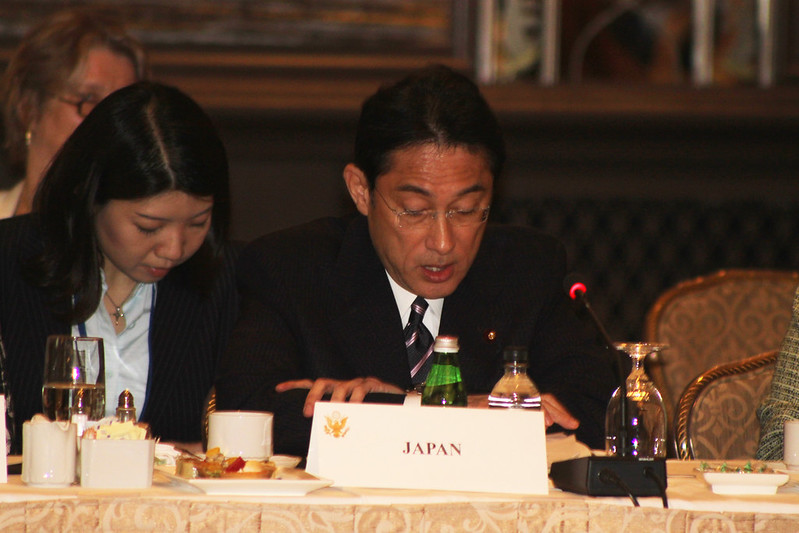Japan will not ditch nuclear, and the energy mix will continue to be diversified: those are the key signals from last week’s ruling party leadership race that have produced Japan’s next prime minister.
The win by former foreign affairs minister Kishida Fumio was a vote against radical shifts in current energy policy, rejecting both anti-nuclear and renewables-sceptic candidates. The strong focus on social equality in Kishida’s platform also suggests that his approach to the energy transition would prioritize affordability and seek to avoid major job losses and other disruptions.
Outgoing PM Suga lasted only a year in the job, but his surprise announcement that Japan will move to decarbonize is certain to continue. Suga’s Green Growth Strategy championed the development of an offshore wind sector, while expanding on earlier hydrogen policies and urging faster transitions to clean energy for manufacturers.
While Suga’s main tenets will stay, Kishida’s immediate challenge will be to bridge the ideological rifts that have dogged Japan’s energy debate over the past year. He won’t have much time to accomplish that. The latest Basic Energy Plan, now in public review, is due for Cabinet approval in mid-October. Also, key global forums such as the G20 in Rome and COP26 in Glasgow are only weeks away.
Most importantly, Kishida will face a general election at the end of this month. He’ll want to keep all sides hopeful. Even with reports suggesting that he will attend COP26, Kishida’s message is likely to be aspirational rather than concrete.

